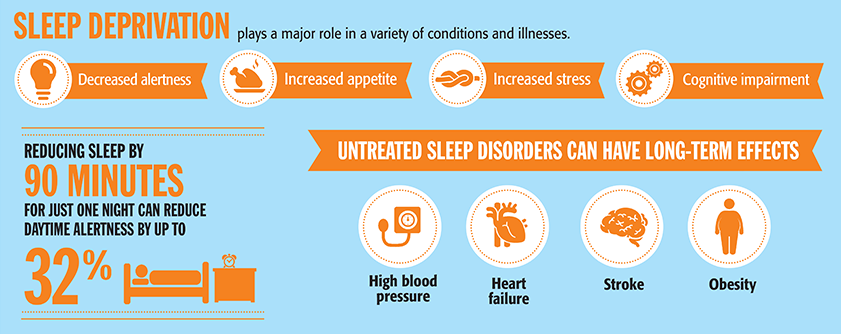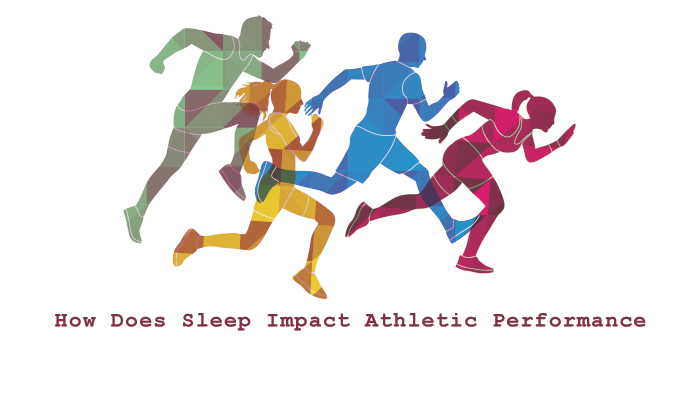Factors for Athletic Performance: More Than Just Physical
The common conception about athletic performance is that it’s a result of physical performance. While this is partly true, maintaining high quality athletic performance is a combination of physical and cognitive performance/health. Sports require a great deal of mental and physical energy through movement and a very high degree of focus/concentration.
Sleep is one of the most (if not the most) critical component in maintaining cognitive and physical performance levels for athletes. There is a plethora of information about:
- The relationship between physical performance and sleep
- The relationship between cognitive performance sleep
- How much sleep can improve athletic performance
Let’s look at each area in more detail.
Physical Performance and Sleep
Physical performance suffers when you don’t sleep. An example is cycling endurance in one study of 12 fit males [Med Sci Sports Excerc. 2013 Jun 10], for example:
- Subjects performed baseline testing on day one
- On the first night the cyclists received normal sleep, but on night two were sleep deprived
- Each day the cyclists performed 40 minutes of high intensity cycling to test exhaustion
- On the normal night, average time to exhaustion was 20.6 minutes
- On the sleep deprived night, the average time to exhaustion was 18.9 minutes
In comparison, the group that slept the full night lasted nearly 20% longer.
Sleep deprivation is not only poor for physical performance, it’s bad for your health – these are factors that can have bearing on sport’s season, such as players getting sick, struggling to maintain health fitness, or dealing with chronic fatigue. Some examples:

- Strong link of sleep deprivation to weight gain
- Sleep deprivation linked to increased inflammation [source]
- Sleep improves your immune function - in one study, people who received less than 7 hours of sleep were three times more likely to develop a cold than those with 8 hours or more of sleep.
In other words, chronic sleep deprivation makes you more prone to weight gain, disease, and sickness.
Cognitive Performance and Sleep
Cognitive performance is critical for athletes to maintain focus during sports. Playing sports while sleep deprived is about equivalent to playing drunk. Consider that at 17-19 hours without sleep performance on tests are:
- Equivalent or worse than that of a .05% alcohol
- Showed 50% slower response speeds on tests
At more than 19 hours without sleep:
- Performance levels quickly degrade to .1% alcohol and higher
- Cognitive performance is about the same as being drunk
Chronic sleep deprivation can quickly lead to such levels of cognitive performance [Source: Moderate sleep deprivation produces impairments…], which can significantly alter one’s ability to:
- Hit a baseball
- Shoot into a basket
- Throw a football to an open receiver
- React in any play, regardless of the sport
- Stop a goal
Physical/Athletic Performance and Sleep
The following study outlines the hard numbers of the benefits of sleeping well and sports performance: The effects of sleep extension on the athletic performance of collegiate basketball players.
In the study, college basketball plays followed their regular sleep schedule for 2-4 weeks to establish baseline performance, and then followed a 5-7 week sleep extension period that involved a minimum goal of 10 hours in bed each night. It’s important to note here that this study does not focus on sleep deprivation, but rather focuses on getting extra sleep. You are likely to see significantly more dramatic results if extra sleep performance were compared to sleep deprivation.
In nearly all categories, basketball players averaged a 10% improvement in performance. This study simply shows what getting adequate amounts of sleep can do for athletic performance. Sleep deprivation affects physical activities in terms of:
- Endurance
- Energy
- Focus
- Reaction time
- Recovery periods
As a coach, stressing the importance of sleep may be the difference in every close game. As a player, sleep might be the difference between making the team, winning a starting spot, making clutch plays, or being a start athlete.
Sleeping Disorders Impact Athletic Performance
Unfortunately, sleep disorders can make it impossible to get good sleep – and sleep disorders don’t discriminate between ages. People of all ages can develop sleeping disorders. So whether you are a high school, college, or adult playing sports, ensure that your sleep isn’t hampered by a sleeping disorder such as:
- Sleep apnea
- Insomnia
- Restless leg syndrome
- Circadian rhythm disorders
- Parasomnias
Take this free online quiz to help you assess whether or not you are inhibited from achieving max athletic performance because of sleep.


